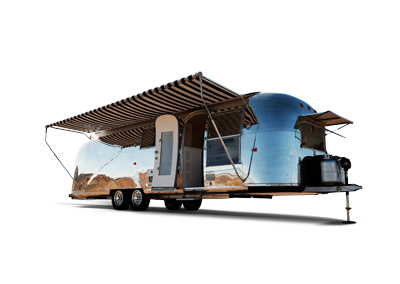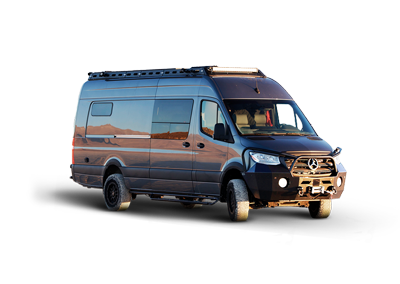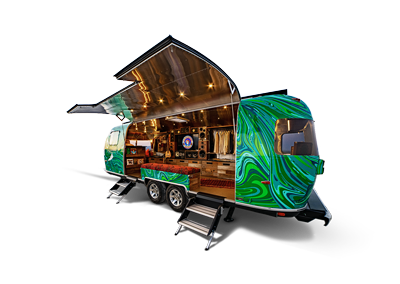Pulling the double-duty of a car and a house, your RV or overland vehicle needs an auxilliary power source. The battery under the hood delivers the punch to start the engine, but the auxilliary battery runs your accessory fan, compressor, water pump for the galley and sink, and all the lighting for the living area. Unlike the battery that starts your car, your auxiliary battery constantly drains and charges, drains and charges. Known as deep cycle batteries, RV batteries stand up to this punishment for years.
If you’ve already started shopping, the first thing you probably noticed was the wide range of prices that deep cycle batteries cover. Run a quick Google search and you’ll find deep-cycle batteries listed anywhere from $60 to $3000. The price variations result from the different techniques and materials used to make the batteries.
Gaston Planté, a French physicist, invented the lead-acid battery in 1859. Advances in the technology have been made since then, but lead-acid batteries still weigh more and occupy more space than newer types of batteries. They also require more maintenance and, most importantly don’t last as long as the newer batteries.
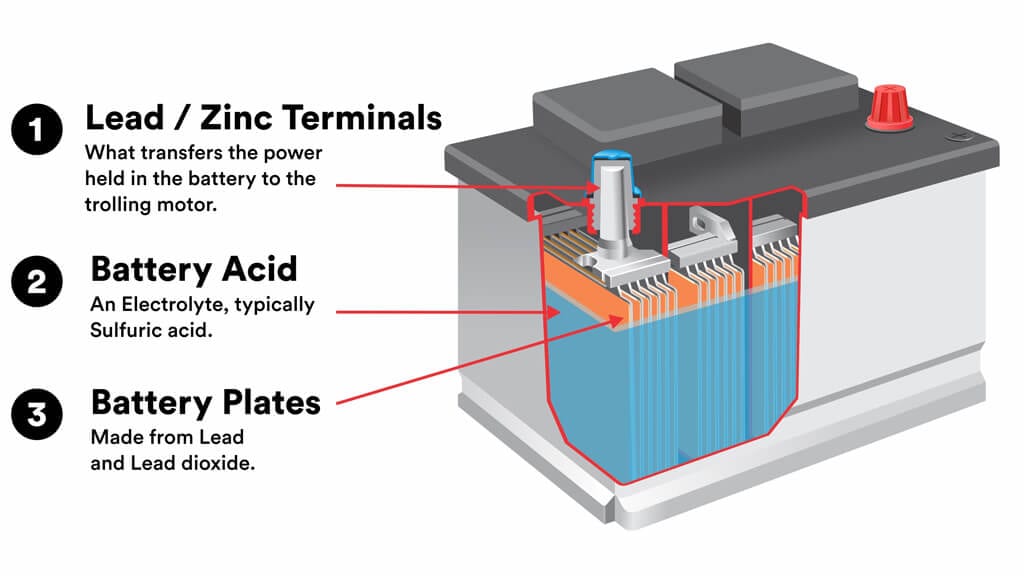
Lithium Ion batteries came along in the 1970s. They cost much more than lead-acid batteries, but perform better in every way. Lithium-ion batteries last much longer than lead-acid, so they actually save the user money in the long run. Lithium ion batteries also weigh much less and are much more compact than their lead-acid counterparts.
Lithium-ion batteries have several other advantages, as well:
- Lithium-ion batteries are safe to store in closed compartments inside the trailer. Lead-acid battery compartments must be vented and kept on the outside of the trailer.
- Lithium-ion batteries require no maintenance, while wet cells require a periodic terminal cleaning and electrolyte level checks.
- Lithium-ion batteries maintain voltage over their entire discharge curve. Lead acid power delivery levels fall as the charge runs down.
- Lithium-ion batteries last for about 3500 cycles, while lead-acid batteries last about 400 cycles. That means lithium-ion batteries last about 9 times longer.
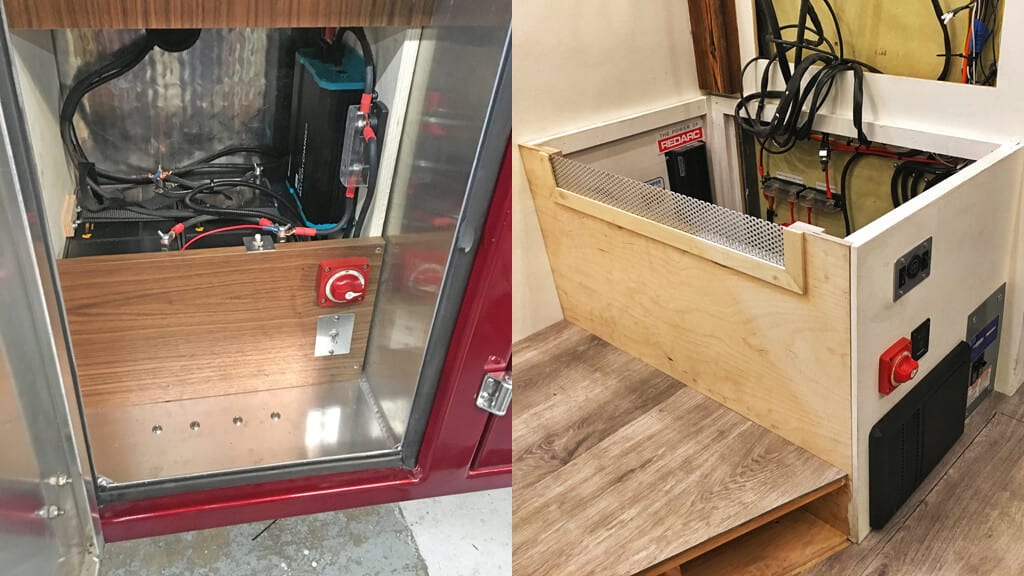
We prefer lithium-ion batteries to lead-acid batteries and recommend the L-Ion Safari UT Lifetime battery. Reparadise currently offers the L-Ion Safari UT for 20% off the MSRP.
Features of the L-Ion Safari UT Lifetime battery:
- Weighs only 20 lbs.
- Lasts 9 times longer than standard lead-acid batteries
- Fully solar compatible
- Holds charge for 2 years— that’s about 3x longer than a standard lead-acid battery
Visit Reparadise for a screaming deal on the Safari UT Lifetime battery.
MSRP:
$999
From Reparadise:
$825 Shipped
$799 Pick-up
Give us a call or stop by the shop for more information on batteries and custom installations.

